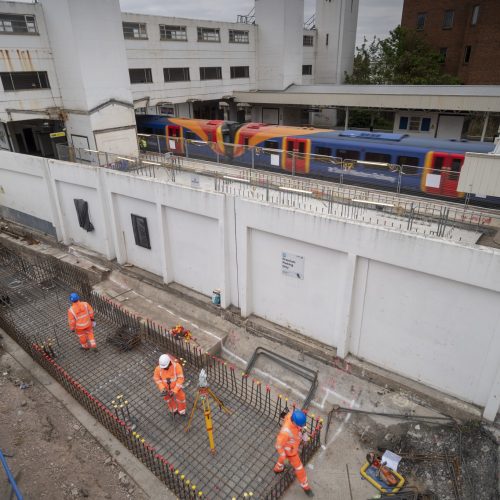Historically the definition of value for transport infrastructure projects focused mainly on meeting technical specifications and target costs. Those things still matter enormously, of course, but value is now defined much more broadly.
One of the biggest changes we’re seeing is how value is now aligned to the things that matter most to customers and network users. This all has a profound impact on design and delivery. The process is customer-led rather than production-led.
Whether it’s highways or rail, these are the new priorities:
- Minimising disruption. Schemes need to be delivered within tighter windows with as much work as possible done outside of peak hours and away from the work site.
- Timing certainty. Not only must closures and diversions be shorter in duration, they have to end on schedule. Or better still, early.
- Resilience. Above all, network users want reliability. We have to deliver this despite the added risks that come from climate change and the likelihood of more extreme weather conditions.
- Accessibility. It could be delivering Access for All (AfA) schemes to meet the needs of all rail users or expanding EV charging and multi-modal hubs to make transport welcoming and convenient for all.
Issues such as traffic management for highways schemes have a much higher priority. When we plan how to deliver a project, making any diversions as short as possible (in both duration and distance) has a major influence on what we do.
All of these priorities drive innovation. We increasingly deploy offsite and modular approaches to both highways and rail projects – including a unique modular parking solution ideal for multi-modal transport hubs. While these innovations reduce costs the biggest advantage is often the amount of work done away from the site where it inconveniences no one.
Innovation has become a way of life: “We actively explore better ways to deliver every project using Lean principles to improve outcomes and reduce the need for lengthy closures. We’ve also successfully deployed emerging technologies such as 3D mapping of assets using drones to improve safety and avoid disruption.
“We don’t define value – our customers and network users do. Customer definitions of value are baked into our Objectives & Key Results (OKRs) at both project and company-wide levels, such as our key pillar of delivering exceptional value. Having that consistent thread helps ensure that it’s rail and road users that drive our decisions, rather than perceived production constraints.” Philip Moses, CFO, Octavius Infrastructure.
To find out more take a look at our resource centre or contact Mike Todd (mike.todd@octaviusinfrastructure.co.uk).


